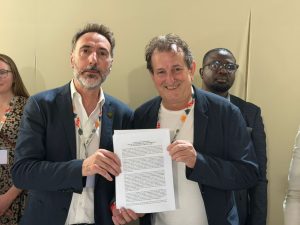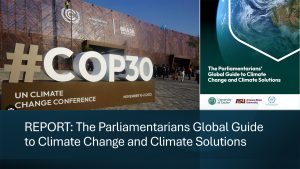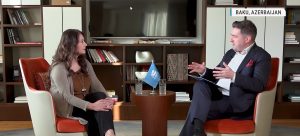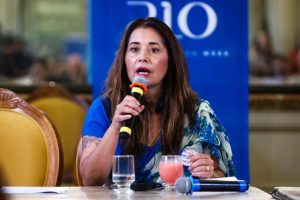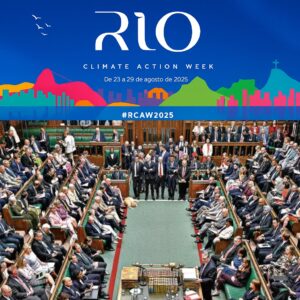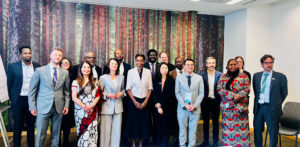On Thursday 17 December 2020, GLOBE Senegal hosted a virtual workshop to validate the diagnostic study on the framing of international commitments related to forests and the potential of REDD+ in Senegal.
The opening ceremony was chaired by Hon. Ibrahima Baba SALL, President of GLOBE Senegal and moderated by Colonelle Gogo Banel NDIAYE, Acting President of the Steering Committee of the project, which was established by the decree of 9 February 2020-005275, in representation of his Excellency the Environment Minister Abdou Karim SALL. The workshop was attended by the members of the Steering Committee of the project, legislators, civil society representatives and officials from the Ministry of Environment and Sustainable Development (MEDD). The group of legislators included GLOBE Senegal Members Aboubacry Diallo, Aboubakry Ngaide, Adji Diarra Mergane, Aissatou Cissokho, Demba Ndoye, Hamady Gadiaga, Juliette Paule Zingan, Leopol Yancouba Coly, Licka Ba, Mor Kane Ndiaye and Néné Marieme Kane.
The aim of the workshop was to receive comments and recommendations from the stakeholders to enrich the provisional report. The views of parliamentarians to accompany the process of taking into account international commitments on forests in forest governance in Senegal and the status of REDD+ were requested. Based on the analysis of the comments made following the presentation of the report, the final version of the report ought to address five key issues:
- In the framework of institutional arrangements, the absences of the Directorate for the Environment and Classified Establishments (Direction de l’Environnement et des Établissements Classés – DEEC) and of the Ministry of Water and Sanitation were mentioned.
- The need for advocacy at the national level needs to be mentioned, as well as the actions to be carried out for the adapted Agro-ecological Transition.
- The report should also expand on the context of the Gaborone Declaration and the United Nations Framework Convention on Climate Change (UNFCCC).
- The analysis of the report must also track the commitments made on forests and REDD+ while taking the dimension of food and nutritional security, the preservation of natural capital and the Great Green Wall initiative.
- The importance of monitoring, reporting and verification (MRV) in the framework of the carbon market (CDM, REDD+ and NAMAs, under Article 6.4 of the Paris Agreement) should not be overlooked in the report, because REDD+ is closely linked to the CDM and its transparency and reporting mechanism. Senegal is required to submit a balance-sheet report on the efforts made within the framework of its Nationally Determined Contribution (NDC) covering mitigation and adaptation. On the mitigation component, the country’s net efforts will be the total mitigation results achieved in the country, net of carbon emission reductions and/or removals sold under the carbon mechanisms. Double counting of mitigation actions (carbon credits already sold) in the NDC must be avoided at all costs. To this end, the relevant technical MRV framework that is being considered for the monitoring of the NDC in each sector should be an integral part of the project. Agriculture (including livestock), forestry and other land use sectors should be sufficiently taken into account in the NDC and the reporting.
Stressing the opportunity and commitment of the GLOBE Senegal GEF6 project for the implementation of Senegal’s Sustainable Development policy, moderator Colonelle Gogo Banel NDIAYE asked the participants to send their contributions in writing to enrich the consolidated version of the report.


